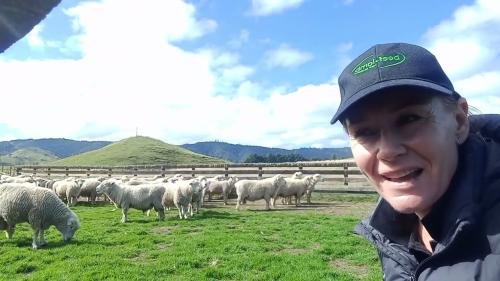Search results
Displaying 661 - 670 results of 1427
- Factsheet… who pool capital skills resources together doing partnership have potential achieve … farm business which may otherwise have been out reach pooled resources skills can improve … next week paul gives matt list things think about organise meet week later discuss things …
- Factsheet… salmonella hindmarsh most common can cause outbreaks sudden death ewes salmonella … causes abortions deaths late pregnancy other types salmonella typhimurium … remainder fresh paddock vaccinating early outbreak can reduce number deaths even havent …
- … Rabobank New Zealand is a part of the global Rabobank Group, the world’s leading specialist in food and … our focus is our agribusiness clients and the long-term success of their businesses. … and passionate Kiwi farmers who produce the finest quality free-range grass-fed …
- Resource book… assessed being medium risk you concerned about them dont worry about listing short term hazards you going fix …
- Video… programme Manager Ginny Dodunski explains the ins and outs of parasite management in ewes prior to …
- … About the programme Our Innovation Farms bring together the best scientific minds and farming visionaries to investigate specific technology and on farm … Find out more For more information contact your … Field day handouts …
- Factsheet… most limiting factor given level production other nutrients protein minerals vitamins … light calves assumptions have been made about proportion calfs requirements supplied … cow 1 10 scale weight change per unit about 40 approximate quantities per unit change …
- NewsAccessibility is important to B+LNZ and we work hard to make our information available to and suitable for everyone. We recently added a new accessibility tool to our website to make it easier to …

- … The Kawhia Harbour is a large harbour and a popular fishing spot. There is a small settlement on the … and batch owners on the coast further south, renowned for its Kahawhai fishing spot. … the Kawhia Harbour. The Marokopa River flows out to the west coast, near by. The area is …
- … Janie is the NZ Landcare Trust Regional Coordinator for the Bay of Plenty Region. Janie has a wealth … of experience working with communities within the region and is well placed to develop new … her for any advice or support or to find out what is happening with catchment groups in …
